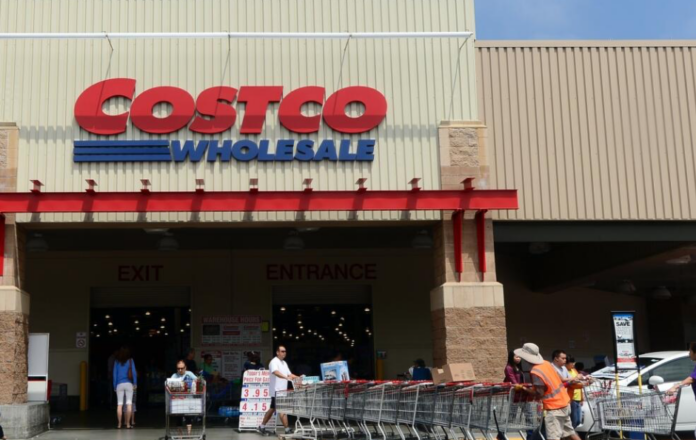Hello everyone! We’ve got some important news that you need to hear, especially if you’re someone who relies on portable chargers to keep your devices powered up on the go.
Costco shoppers, this one’s for you! Recently, three models of portable chargers sold exclusively at Costco have been recalled after being linked to two house fires. Let’s dive into the details.
On June 20, 2024, the United States Consumer Product Safety Commission (CPSC) announced the recall of certain myCharge portable chargers. The specific models affected are the “myCharge POWER HUB All-In-One 10,000mAh” chargers, which include the model numbers “AO10FK-A,” “AO10FK-B,” and “AO10FK-C.”
These units are distinctive with their black color, two attached charging cables, and retractable wall prongs. You’ll find “myCharge” printed along the long edge of the charger and the model number on the back.
The recall is quite extensive, covering approximately 567,000 units. The date codes to watch out for are those ending in 21 or 22, or the specific codes 0123, 0923, 1523, and 1723 ending in 23. The reason for this massive recall? The risk of overheating and burns.
🚨Recall Alert🚨 myCharge Recalls POWER HUB All-In-One Portable Chargers Due to Fire and Burn Hazards; Sold Exclusively at Costco.https://t.co/7htXdCfHRK pic.twitter.com/wwLvRKHWwZ
— Office of the Illinois State Fire Marshal (@ILFireMarshal) June 23, 2024
The CPSC has received 120 reports of these chargers overheating. More concerning, myCharge reported five incidents, including two that led to residential fires. The total reported property damage? A whopping $165,000. Costco itself received 115 returns citing issues such as melting, expanding, smoking, fire, burning, exploding, or sparking.
Thankfully, no injuries have been reported. However, the danger posed by these faulty chargers is significant enough to warrant immediate action. If you own one of these recalled chargers, the CPSC advises you to stop using it immediately and contact myCharge for a replacement.
Given that these chargers contain lithium-ion batteries disposing of them improperly can be hazardous. They shouldn’t be thrown in household trash or battery recycling boxes. Instead, follow your local and state ordinances for disposing of defective or recalled lithium-ion batteries, often handled by municipal recycling centers.
“myCharge” has set up a dedicated page on its website to help customers return the affected products. So, if you have one of these units, don’t delay—check your model and date code, and if it’s part of the recall, reach out to myCharge immediately.
Stay safe, folks


